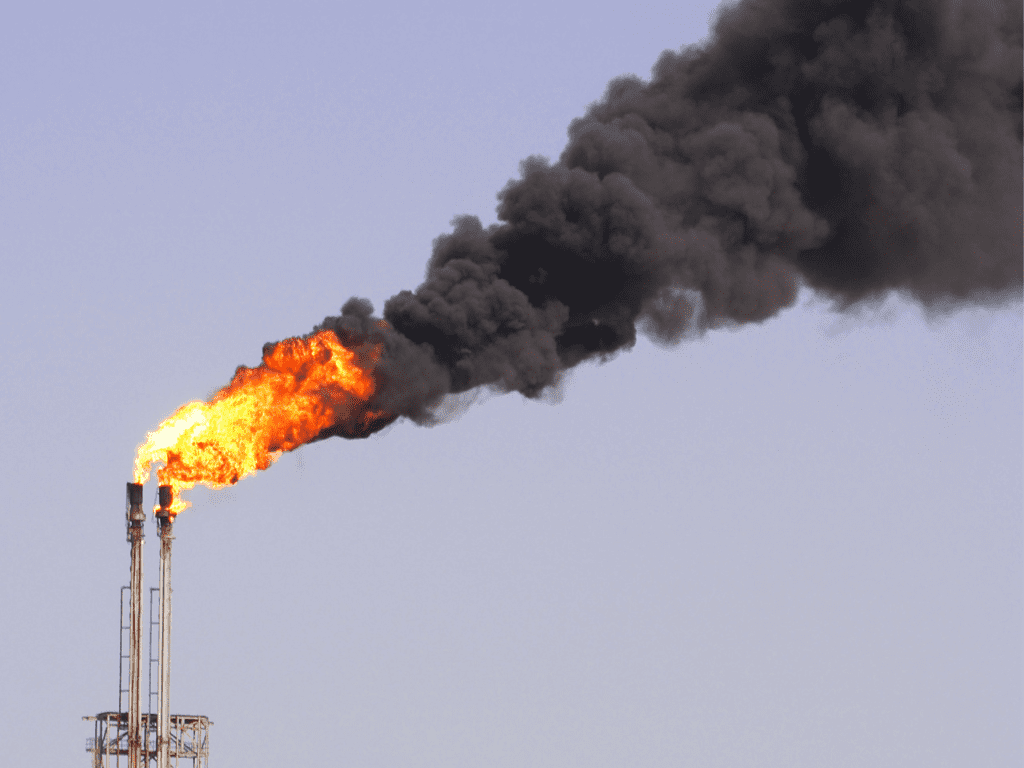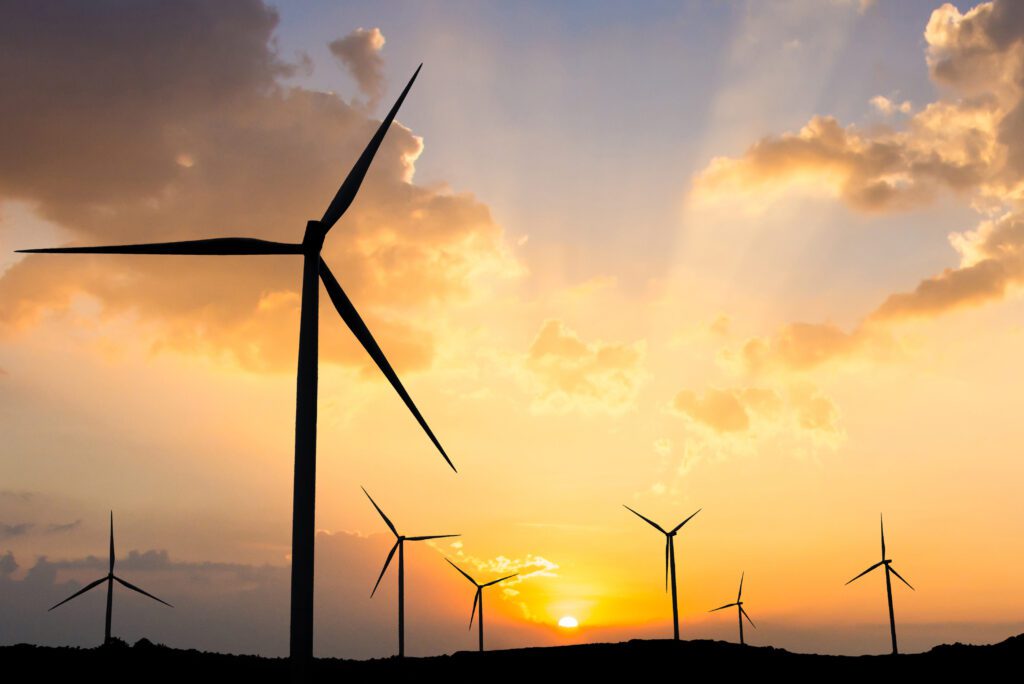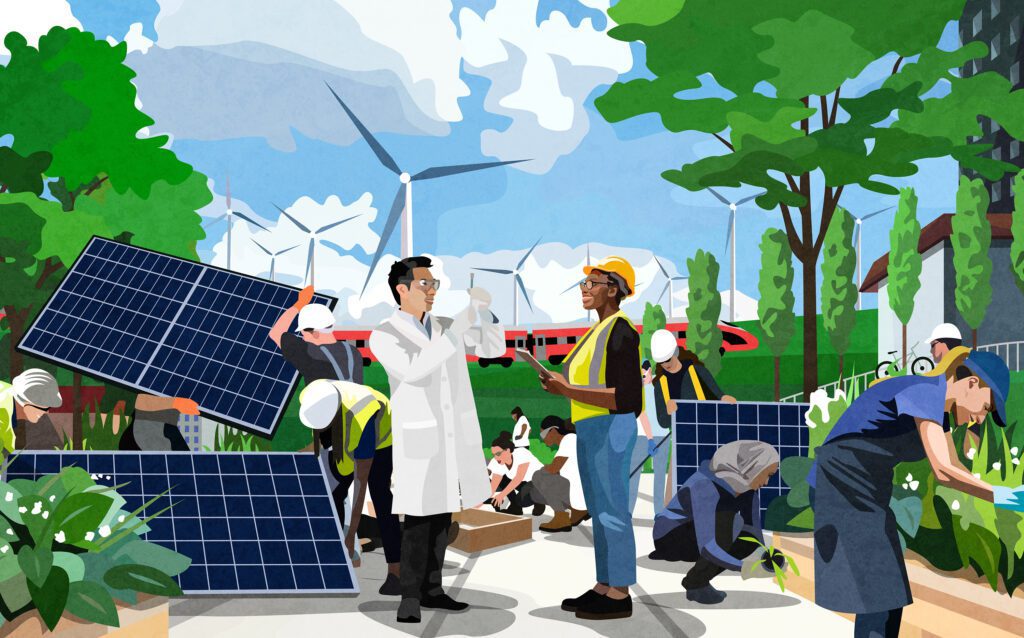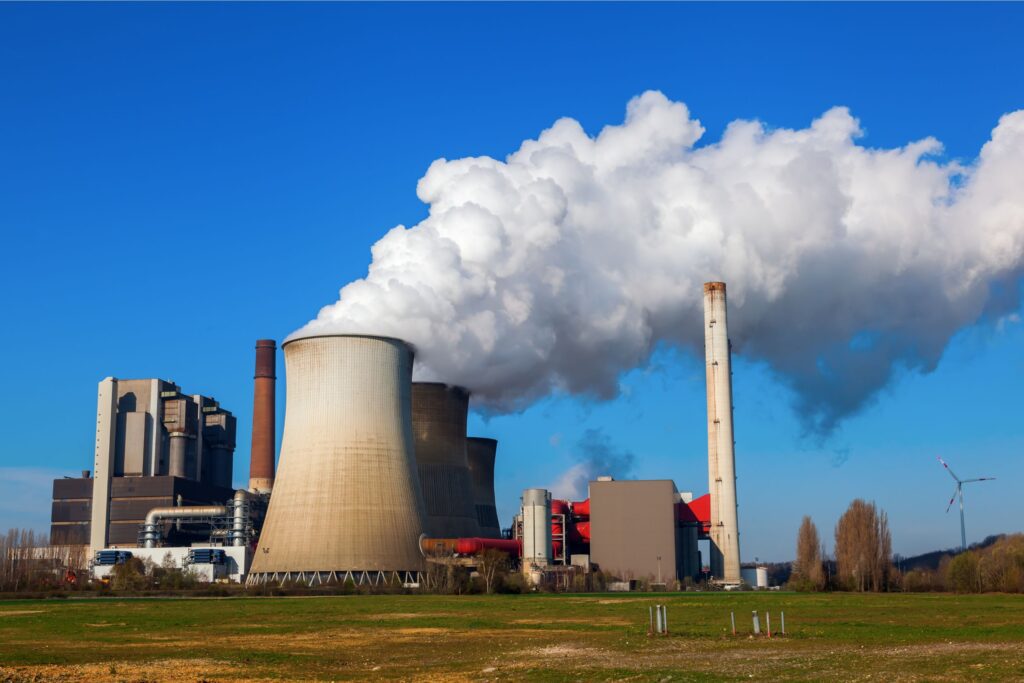“Natural” gas is not clean or green, as its misleading name implies
Every reputable environmental organization and energy agency around the world is saying we can’t build new gas projects if we want to avoid complete climate chaos.
Fossil gas, or “natural gas,” as it’s been cunningly branded, is a fossil fuel that causes warming and is harmful to human health. Its mainstream name is nothing more than a clever marketing scheme by Big Oil to make the fuel sound natural, safe, and clean. It is none of those things.
In Ontario, fossil gas is used primarily for generating electricity, for heating buildings (residential and commercial), and for industrial uses (for heating substances and as a raw material). While some industrial processes will take time to change, we can immediately transition electricity generation and heating to non-emitting sources powered by renewables like wind and solar.
But Ontario is in the process of expanding the use of fossil gas, not phasing it out.
In fact, Ontario is planning to build new gas plants and extend expiring gas plant contracts to produce electricity.
The province is also expanding gas infrastructure (like pipelines) to bring fossil gas to additional locations for the purpose of heating buildings, gas cooking, and industrial uses.
This is a huge problem. Why? Many reasons!
1. Gas is a polluting fossil fuel which emits greenhouse gasses when it is produced and used.
It is responsible for one third of Ontario’s greenhouse gas emissions, making it one the province’s worst climate change contributors.
2. Fossil gas is mostly made up of a greenhouse gas called methane which is more potent than carbon dioxide and is responsible for about 30 per cent of the rise in global temperatures.
Methane leaks when gas is extracted, produced and transported, adding to the warming of the planet. Methane is over 80 times more potent than carbon dioxide in the first 20 year period so its shorter-term climate impacts are immense.
3. Most fossil gas is extracted through fracking which results in large amounts of toxic wastewater and can impact local drinking water.
The pollution from fracking can also cause health problems in neighbouring communities. Possible health impacts can include birth defects, asthma, and cancer. Being close to fracking operations, rural and Indigenous communities are disproportionately impacted by the release of toxic chemicals. The increase in fracking operations are contributing to the spike in methane emissions which are quickly warming the planet.
4. Fossil gas is bad for our health
Gas plants emit nitrogen oxides which increase smog and can cause respiratory problems for people living nearby. Using gas appliances at home creates indoor air pollution and can lead to asthma in children.
Gas plants are often the top emitters of nitrogen oxides in communities. In the home, gas stoves and ovens release Nitrogen Dioxide in amounts above safe limits. Even when they are turned off, gas appliances release many other toxic chemicals that are linked to illnesses such as asthma and cancer. A recent study found that gas stoves are responsible for almost 13 per cent of childhood asthma in the United States.
5. Like all fossil fuels, “natural” gas prices are volatile and are currently very expensive
We could continue to see volatility and high prices at the whim of global events. In Ontario, fossil gas prices have doubled or almost tripled in the last two years, depending on the area. This is mostly the result of the war in Ukraine which has limited fossil gas supply from Russia, the largest gas exporter.
In turn, the United States is shipping out more liquefied “natural” gas and its demand for Canada’s “natural” gas has increased, both of which are pushing up prices in North America. Fossil gas prices are expected to continue to be volatile, and can always be impacted by other future international conflicts and geopolitical developments.
Like I said, fossil gas is bad! But, the good news is that there are excellent alternatives for the three main uses of fossil gas.
Three Ways We Can Turn Off Polluting “Natural” Gas
1. For electricity: renewable sources like wind and solar, along with current storage technologies, can replace the use of gas plants, providing reliable power at a lower and decreasing price. That means cheaper electricity rates for us consumers.
2. For home heating: we can install electric heat pumps which draw energy from the electricity grid. And for home cooking, we can switch to highly-praised induction stoves or good old electric stoves, both powered by the grid. Electric heat pumps are much cheaper to use than fossil gas in the long run, while the price of gas and induction stoves are comparable and powering either of them is relatively inexpensive.
3. For industries: that currently use fossil gas to create the high heat required for manufacturing, most can use other methods. For products that use fossil gas as a raw material, some alternatives and safer materials exist and others will have to be found.
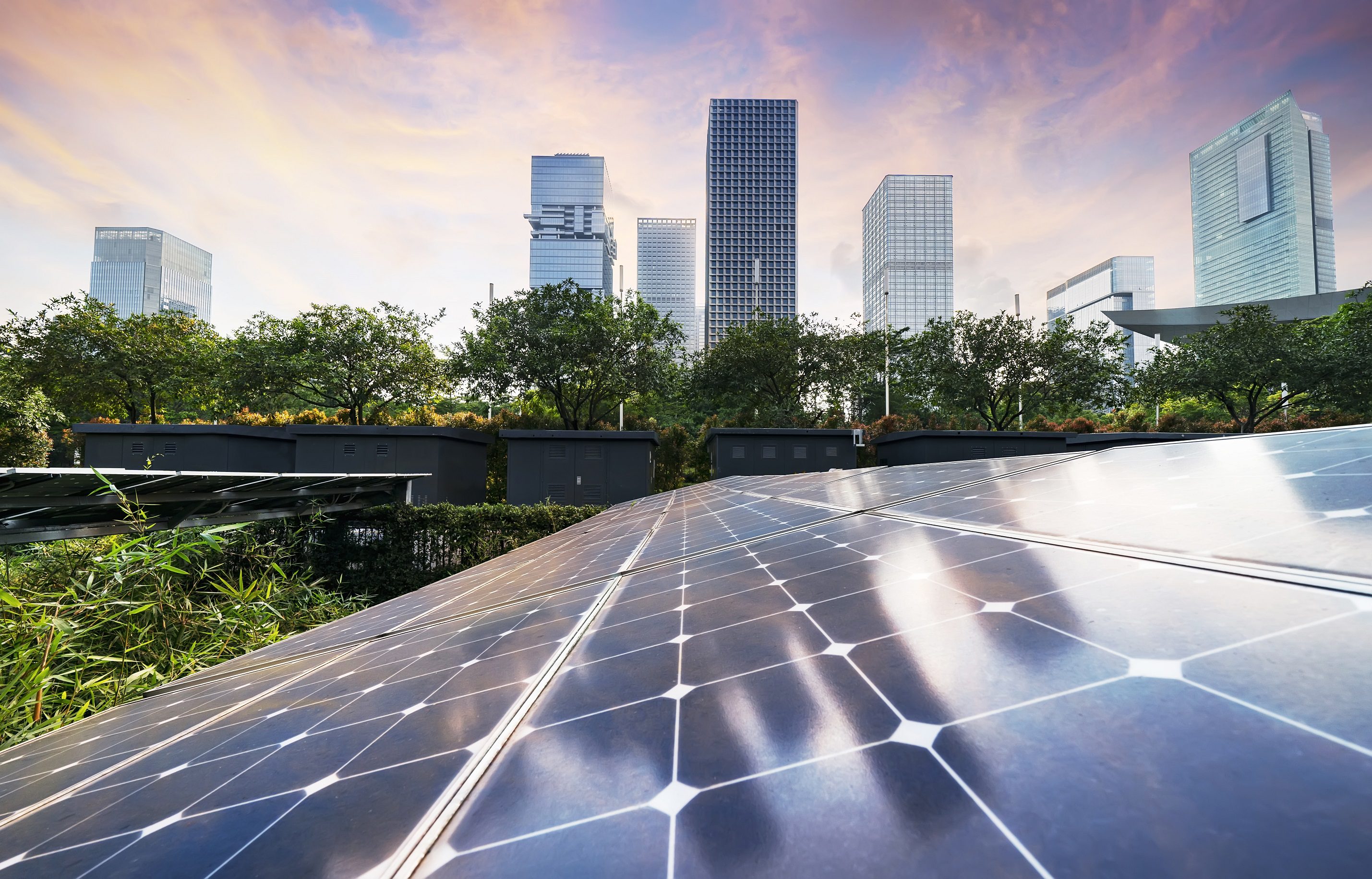

The Path Forward
We can immediately pursue a cleaner path using readily available technologies for electricity generation as well as residential and commercial heating and cooking.
We need to both clean up the grid and electrify everything to bring down our emissions. For example, if we don’t have a clean electricity grid then even electrifying heating and cooking will still lead to warming.
For these changes to materialize, the government of Ontario needs to take action. This must start with the province building a clean electricity system, rather than building new polluting gas plants.
The provincial government must also fund and support the move to non-emitting options for heating buildings and cooking. This could take the form of grants as well as info guides on how to go about getting these retrofits. This would take the burden off of homeowners and small business owners to adopt the cleaner options.
Instead of ramping up the use of fossil gas, Ontario must choose clean and renewable technologies and put our province on a healthy and sustainable path.
You can help by asking the Federal government to step in.


